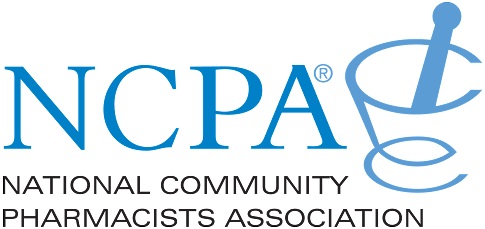
Arkansas Lawsuit Tests Limits of PBM Control, Sparks National Debate
A legal battle in Arkansas over pharmacy benefit manager ownership is raising critical questions about vertical integration, drug pricing, and access to care. Will other states follow suit?
Arkansas Lawsuit Tests Limits of PBM Control, Sparks National Debate
LITTLE ROCK, AR – November 05, 2025 – A landmark legal challenge is unfolding in Arkansas, pitting state regulators against some of the nation’s largest pharmacy benefit managers (PBMs) and igniting a national debate over the future of healthcare access and affordability. Arkansas Act 624, which prohibits PBMs from owning or operating pharmacies within the state, is being contested in federal court, with implications that extend far beyond the state’s borders.
A Conflict of Interest at the Core
The Arkansas law aims to address what proponents describe as an inherent conflict of interest: the potential for PBMs to steer patients to their own pharmacies, prioritize profits over patient care, and manipulate drug pricing. “The system is rigged to benefit the PBMs, not the patients,” stated one Arkansas pharmacist, speaking on the condition of anonymity. “When the same company controls both the insurance and the pharmacy, it’s a clear conflict. They can decide who gets what medication, and at what price.”
The core of the dispute lies in the rise of vertical integration within the PBM industry. Major players like CVS Health (CVS Caremark), UnitedHealth Group (OptumRx), and Cigna (Express Scripts) have expanded their control across the healthcare spectrum, encompassing insurance plans, PBM services, and pharmacy operations. While proponents of this consolidation argue it leads to efficiency and cost savings, critics claim it reduces competition, lacks transparency, and creates opportunities for self-dealing.
“The problem isn’t necessarily that PBMs are profitable,” explained a healthcare policy analyst. “It’s how they achieve those profits. If they’re doing it by squeezing independent pharmacies, limiting patient choice, and inflating prices, that’s where the concerns arise.”
Legal Battles and Preliminary Injunction
Express Scripts and CVS Health have filed separate lawsuits challenging the Arkansas law, arguing that it violates the U.S. Constitution by infringing on interstate commerce. The Pharmaceutical Care Management Association (PCMA), the industry’s trade group, has also joined the legal fray, contending that Act 624 will disrupt patient access to medications and lead to the closure of pharmacies.
On July 28, 2025, a federal judge granted a preliminary injunction, temporarily blocking the enforcement of Act 624. The court indicated that the law likely violates the Commerce Clause and may be preempted by TRICARE, the healthcare program for military families. Arkansas Attorney General Tim Griffin has vowed to appeal the decision, arguing that the state has a legitimate interest in protecting its citizens from unfair business practices.
“We believe this law is essential to ensuring a level playing field for independent pharmacies and protecting patients from inflated drug prices,” stated a spokesperson for the Attorney General’s office. “We are confident that we will ultimately prevail in this legal battle.”
Implications for Independent Pharmacies and Beyond
The outcome of the Arkansas case could have significant implications for independent pharmacies across the nation. Many independent pharmacies struggle to compete with the negotiating power and scale of PBM-owned chains. Unfair reimbursement rates and limited access to formularies can force independent pharmacies to close, reducing patient choice and access to care, particularly in rural areas.
“Independent pharmacies are the backbone of many communities,” said a pharmacy owner in rural Arkansas. “We provide personalized service, build relationships with patients, and offer a level of care that you just can’t get at a big chain. But it’s getting harder and harder to stay afloat when you’re constantly being squeezed by the PBMs.”
Several other states are now considering similar legislation to address PBM conflicts of interest and promote competition. Indiana, Louisiana, New York, and Texas are among those exploring options to regulate PBM ownership or contractual practices. The growing momentum suggests that Arkansas’ legal battle could be a catalyst for broader reform of the PBM industry.
“Arkansas is really taking the lead here,” commented a healthcare consultant. “If they can successfully defend this law, it could set a precedent for other states and force the PBMs to change their business practices. It’s a really important test case for the future of pharmacy benefit management.”
One healthcare policy analyst emphasized that Arkansas’ move, while bold, is not without potential drawbacks. “There is a risk that limiting PBM ownership could inadvertently lead to higher costs or reduced access to certain medications. It’s a complex issue with no easy answers.”
Regardless of the outcome, the legal battle in Arkansas is shining a spotlight on the growing concerns surrounding PBM practices and the need for greater transparency and accountability in the pharmaceutical industry.
